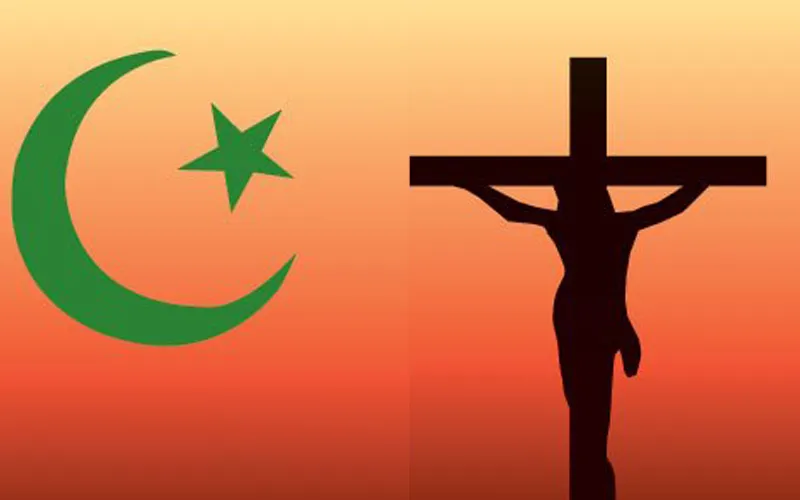According to the Christian leaders, “The NSCIA evaded those troubling issues that are well known not only to Nigerians but members of the international community; those knotty issues that have pushed our country on the edge of a precipice.”
In their statement titled, “NSCIA Accuses CAN of Campaign of Calumny over Shortlisted Justice of the Court of Appeal: A Rebuttal,” CAN representatives fault the claim that Christians had unfairly dominated Nigeria’s public service, noting that it is the Muslim leaders who have disadvantaged their people by prioritizing Islamic studies at the expense of Western education.
The Nigerian Christian leaders pose, “Where were the members of NSCIA in the 1800s when Western Education was brought to this part of our world and Christians in the Northern and Southern parts of the country were sending their children to schools?”
The leaders continue to pose in reference to the Muslims, “Were they not sending theirs to Arabic and Q’uranic schools? Was it Arabic or Qur’anic studies that they would use to get appointments to government offices and the courts? Were they not opposing self-rule initially when the Southerners moved the motion for it because they were not prepared educationally for it?”
“They should blame themselves for lack of qualified personnel (not religious discrimination) if the number of them in public service was and is not much.,” the representatives of CAN say referencing the Muslim leaders and further pose, “Up till today, is the Muslim North still not comparatively lagging behind in Western Education?”
(Story continues below)
Members of the Christian body however acknowledge that the imbalance in Nigeria’s public service back then “is different from what is happening today when those in power are deliberately overlooking the qualified Christians who should be in different positions.”
“Up till today, it is those things that cannot bring development in education that the NSCIA members are still fighting for such as the wearing of hijab in schools started by Christians and are still largely being maintained by them,” CAN officials say referencing the hijab crisis in Nigeria’s Kwara State.
They probe further, “Will a girl wearing hijab be more brilliant in school than the rest of her counterparts? They have forgotten that till today, we are not mounting pressure on the government to introduce the Christian culture to the Islamic schools.”
“A group of Muslims today still says that ‘Western Education is forbidden’ (Boko Haram) and they have taken up arms to wipe Christians out of the country,” they add referencing the frequent attacks on Christians by insurgents in the country.
As a way forward regarding hiring by government, Nigeria’s Christian leaders “demand some serious adjustments forthwith on the appointments already done, and henceforth desire a paradigm shift in the ways and manners the affairs of this country are run, and appointments are done from time to time as to be clearly reflecting that this country, Nigeria, is not owned by Muslims, but a multi-ethnic and multi-religious country.”
In their April 11 statement, CAN officials also respond to claims by the Muslim leaders that the Central Bank of Nigeria (CBN) is bankrolling the Christian body, terming the allegations as a “wicked lie and dubious attempt ... to mislead the public.”
They go on to clarify that the only engagement they have with CBN is a legal agreement allowing the staff of the bank to use an open space owned by CAN as their parking space, a partnership that has been ongoing since November 2006 to date.
Representatives of the ecumenical entity further express displeasure at the “vulgar, immature language and unprintable words” that NSCIA leaders used in their March 29 statement to address their Christian counterparts.
“We are disappointed with the tone of the highest Islamic body in the country for the abysmal and tragic condescension knowing that the Council is made up of eminent and highly respected personalities,” Nigeria’s Christian leaders say.
They add, “This country is greater than anybody or association for that matter. We shall come and go, but the country will outlive all of us. We should therefore avoid both political and religious war and live in peace as one with the understanding that what you do not want others to do to you do not do it unto others.”
“May God help Nigeria to rise above mediocrity, spiraling challenges, and be prosperous in Jesus’ name,” the leadership of CAN implores in their April 11 statement.








